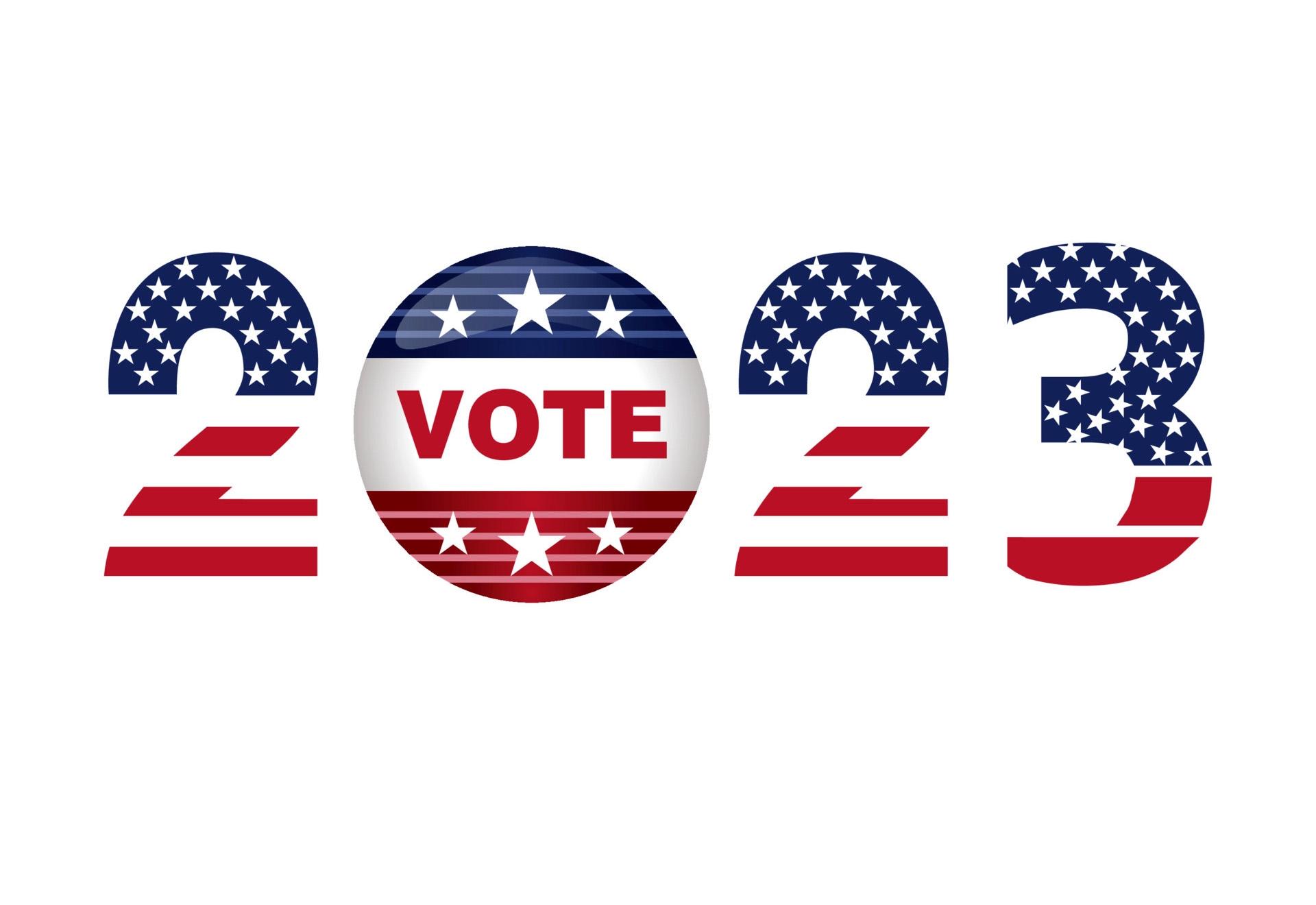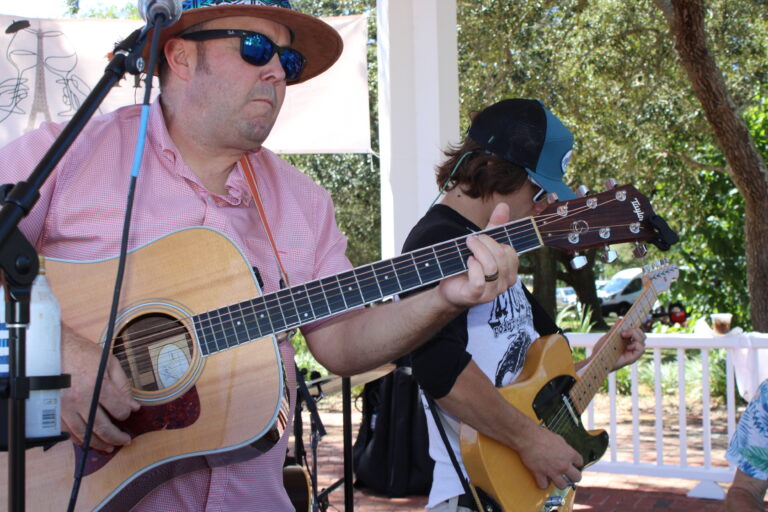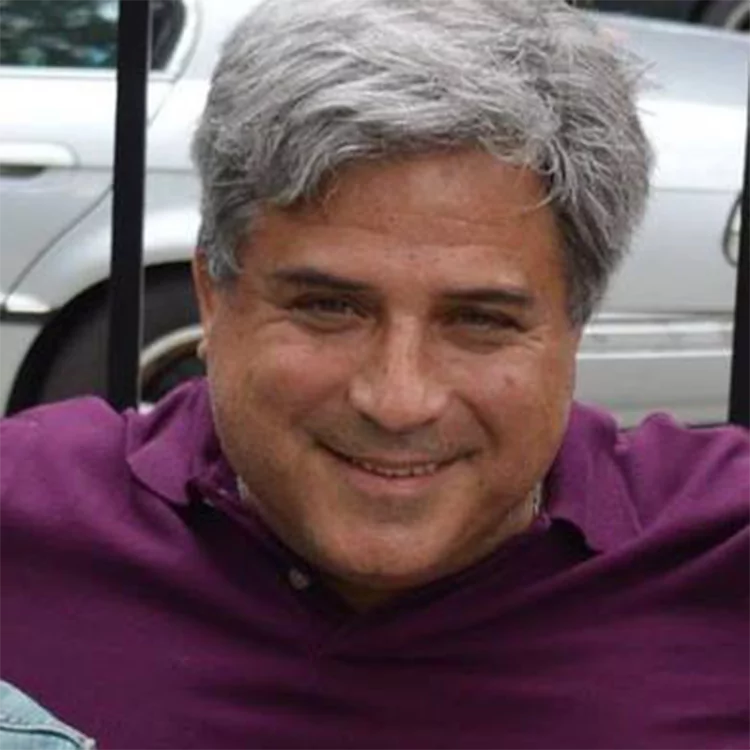Apalachicola moves ahead on changing election dates
The Apalachicola city commission last week moved forward on changing details of its municipal elections to move them to even numbered years by 2026.
By a 4-1 vote, with Despina George opposed, the commission approved on first reading an ordinance to move elections for mayor and four commissioners to coincide with county, state and national elections, on the basis that such a move will save money and increase voter participation.
Instead of being held on the third Tuesday after the first Monday of odd-numbered years, the elections would be held in November of even-numbered years.
Because this would mean a change in the terms of both mayor and commissioners, the ordinance would reduce the terms of office to the mayor and two commissioners on the ballot this year to three years and two months, rather than four years.
The election in 2023 would remain slated for this September, and those winning candidates would serve through December 2026.
The two commissioner seats on a September ballot in 2025 would have terms that run through December 2028.
The ordinance, if eventually passed on a final reading next month, would end any notion of their being specific districts by making explicit that all five offices are elected at-large, for four years.
In the 1980’s, the city adopted an ordinance to change to district voting, but the matter required a referendum vote and was defeated by a large margin.
The ordinance also preserves the run-off elections, but eliminates specifics as to dates, and instead calls for it to be held so as to enable “the timely seating of elected officials, both absentee and early voting as determined by the Franklin County Supervisor of Elections though agreement with the city, or the city commission if the city administers its own elections.”
George voiced her concern on the amended language of the ordinance, particularly on the effect going to even-numbered years will have on the run-offs.
“I continue to object to changing the election cycle,” she said. “By changing elections to November, this will put runoff elections during the holidays and will have a negative effect on voter turnout, when one of the purported reasons for changing is to increase voter turnout.”
County Attorney Dan Hartman said there is time to address the runoff issue once even-numbered elections are fully implemented. “I believe we do have the next two-and-a-half years to get that straightened out,” he said.
“I suggest a follow on ordinance to address those two issues, how we want to handle runoffs and if she (the supervisor of elections), is going to be administering elections. I’d like to get her strong opinion, since she is administering them. We can address that in a future ordinance,” he said.
Up from grabs in the 2023 election will be the mayor’s seat. Two years ago, Brenda Ash, who had been appointed interim mayor by the commission after the death of Kevin Begos, was unopposed in her bid to finish out the remaining two years of Begos’ term. The September 2023 election will mean the winning candidate would be elected to a full term, although shortened by a year due to the election change.
Also on the ballot this year will be the commission seats of George and Adriane Elliott, both of whom were elected in 2019.







My question is why do we even have runoff elections in this day and age? Let’s ditch them and Commissioner Despina George’s objection will be moot. Problem solved.
Runoffs are a relic of the “Solid South” when conservative Democrats controlled everything, and they pretty much prevented those with more progressive views as well as Black people from being elected, especially in situations where all the candidates were At Large rather than in the geographic districts where they lived. If we’re moving toward that sort of system perhaps we should get rid of the runoffs, too.
Plus, runoff elections cost money. Isn’t one of the main reasons for changing our municipal elections to even- numbered years because it will save us money? Why hold onto the tradition of runoffs which may cause us to hold an extra election, which adds to the overall costs of our elections, when there’s really no good reason to hold runoffs. We don’t have runoffs for state or federal elections here in Florida, which to me emphasizes the lack of any need for them, not to mention the fact that very few states, pretty much all of them in the Deep South, still hold runoffs.
How about switching to a system in which the candidate who gets the most votes wins? That has been the case in every other state in which I have lived with the exception of Georgia, where I resided for a few years when I was in grad school. We had no such elections in Pennsylvania, New York State, the District of Columbia, or Virginia, and everyone was OK with that. I never even heard of a runoff election until I started paying closer attention to politics when reached my mid-twenties and moved to the District of Columbia.
I learned about the history of runoffs in the Solid South by reading what I believe was this article from 2014. https://www.washingtonpost.com/blogs/govbeat/wp/2014/06/04/runoff-elections-a-relic-of-the-democratic-south/
All that having been said, if anyone knows of a great justification for holding onto the costly relic of runoff elections, please let me know. Thanks for considering my views on this matter and sharing yours if they differ.